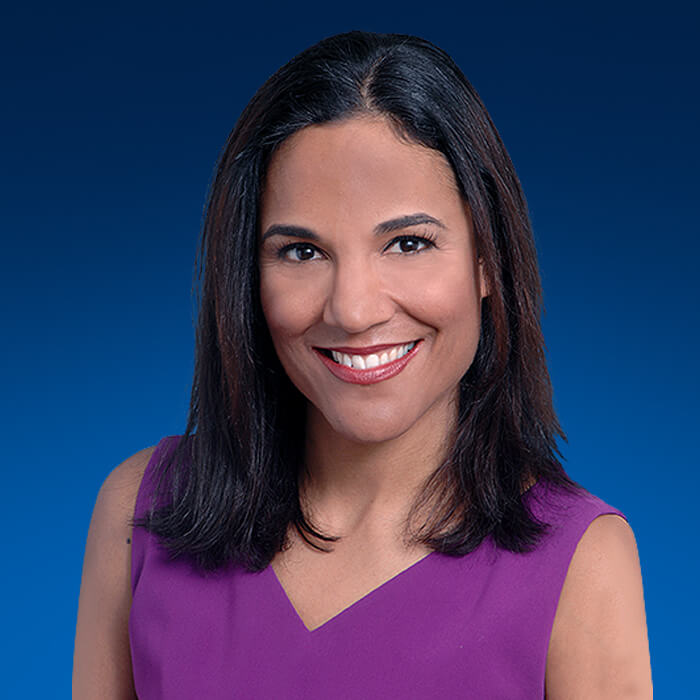Key Points
- The pandemic, the economy, civil unrest, and China are the top U.S. challenges that Biden or Trump will face as President
- Strong regional partnerships are key to competing in the Middle East
- Growing cyberwarfare threats point to the need for a layered cyber deterrent strategy
- Key foreign policy decisions will have to be made under a constrained budget
Required Conflicts Disclosures
Whether the winner of the 2020 U.S. election is Vice President Biden or President Trump, the next administration will face a host of domestic and global challenges.
General Joseph L. Votel says these top priorities will have one thing in common: they all revolve around national security and foreign policy. He believes our next President’s decisions will have steep implications for our economic confidence and growth, competitive advantage, and diplomatic relations.
We went “behind the headlines” with General Votel to learn why these themes are so critical:
- The COVID-19 pandemic. With cases and deaths mounting, it’s imperative for the U.S. to develop a response “through a national security lens” because other nations are carefully scrutinizing our strategy.
- The economy and recession. Although the market has recovered somewhat, resources will be necessary to keep our economy on solid ground as deep job losses continue.
- Social and civil unrest. Our country has consistently led in addressing civil unrest; our next administration has an opportunity to distinguish itself globally by offering a thoughtful, dedicated response to the racial/social protests.
- U.S.-China relations. General Votel believes our relationship with China has steadily deteriorated and he’s concerned about the “lack of an effective framework to keep the dialogue moving forward.” He also says that both Presidential candidates recognize this issue, but will likely offer different approaches to addressing it. To help drive more positive relations, General Votel advises the U.S. work with our regional partners such as Australia and Japan to gather concerns and craft “a collective response” to issues such as South China Sea expansionism and the flare-up on the China-India border.
Russia leads Middle East power struggles
General Votel also offered insights on risks emanating from the Middle East, an area integral to our security interests. Biden or Trump’s future decisions can greatly impact our ability to compete in the battle for influence with Russia, China, and Iran.
Russia in particular, will be a mounting challenge because it often stokes problems and then looks for solutions. “Russia acts as both arsonist and firefighter in starting fires and then trying to put them out,” says General Votel. For example, he believes the country disrupted the Taliban and then supported the group politically and materially to make it stronger and allow it to shape discussions.
“Russia acts as both arsonist and firefighter in starting fires and then trying to put them out.”
- General Joseph L. Votel, Former Commander, United States Central Command
In terms of Iran, General Votel warns that the new administration will need to watch the activities of the IRGC Quds Force following the death of Qasem Soleimani, as well as pro-Iranian groups such as Hezbollah and the Houthis. The chief risk in the U.S.-Iran standoff is miscalculation, and a maritime skirmish may speak a more direct confrontation.
Although it fell short in kicking off a dialogue, General Votel says the nuclear deal helped take away the threat. “The nuclear deal took one big bang off the table,” he says. In the meantime, the U.S. should consider measures to protect our interests such as increasing American troops in the region.
Cyberactivity: “The threat is growing every day”
Over a decade ago, the U.S. established a Cyber Command to address the growing cybersecurity threat. But General Votel says that growing capabilities and ambitions from Russia, followed by China and Iran, emphasize the need for a more sophisticated strategy. One near-term solution may be to establish a layered cyber deterrent strategy to help build greater resilience.
“The world is changing at such an unprecedented speed that I think we’re failing to seize the opportunities to protect our own interest.”
- General Joseph L. Votel, Former Commander, United States Central Command
Prioritizing decisions under a pandemic—and constrained budget
Whether it’s handling the competition with China or protecting our overseas military advantage, there’s no shortage of foreign policy challenges facing the next administration. In addition, with both a constrained defense budget and an uncertain path for the pandemic, Biden or Trump will need to be judicial about which policy programs can go forward.
But General Votel believes it’s important to not let those challenges prevent the U.S. from maintaining its competitive advantage. “The world is changing at such an unprecedented speed that I think we’re failing to seize the opportunities to protect our own interests,” says Votel. “That may prevent us from moving forward in the way that we want to.”
This discussion with General Joseph L. Votel is part of the series “Beyond the Ballot with Helima Croft.” To listen to the next virtual session live, or for more information about Helima Croft’s research report “Quick Take: General Joseph L. Votel: Global Commodity Strategy and MENA Research Commentary” published on July 17, 2020, please contact your RBC representative.



